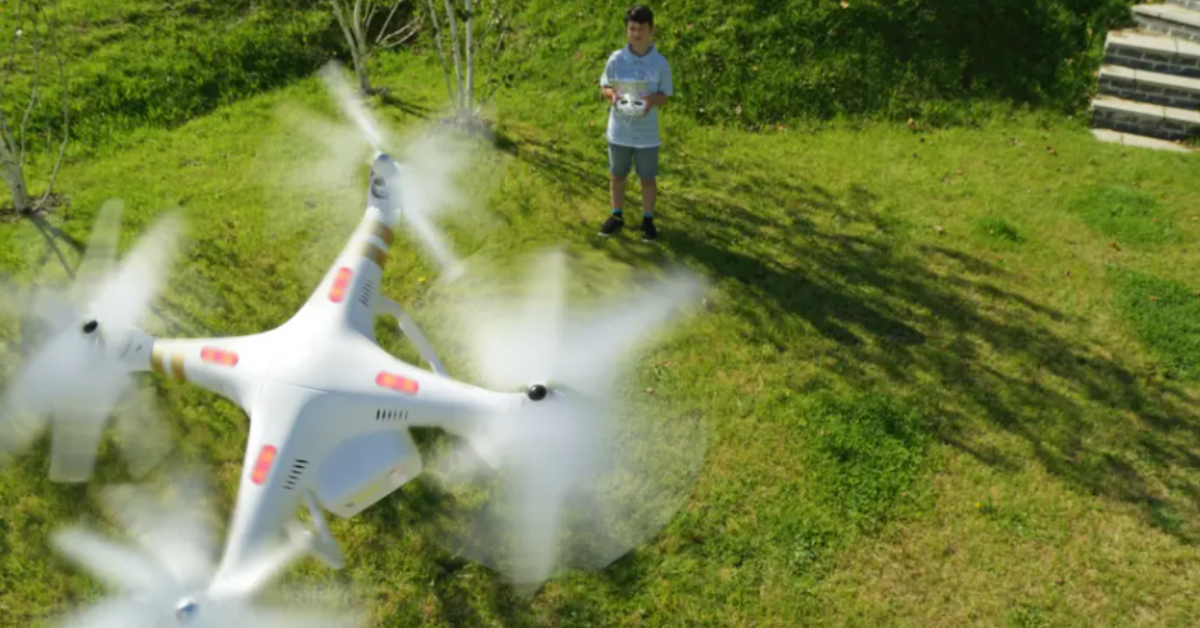
There are three main components to homeowners insurance: dwelling coverage, personal property coverage, and personal liability coverage.
Your possessions are covered under personal property coverage. How do drones, a relatively new type of tech device, factor into your insurance coverage?
Does homeowners insurance cover recreational drones?
Homeowners insurance’s personal property coverage protects your personal belongings and furnishings from damage due to covered events, known as insurance perils. A peril is an event that may damage your home or belongings. Common insurance perils include: theft, fire, lightning, hail, and vandalism.
If your personal drone is damaged by an insurance peril like theft, homeowners insurance would cover it. However, if you use the drone for a commercial or business use, homeowners insurance will not cover it.
There are limits to standard personal property coverage depending on your policy and insurance carrier, usually $100,000.
Does homeowners insurance cover damage a drone causes to other people’s property?
Homeowners insurance offers personal liability protection if someone is injured at your property or sues for damages. There are limits to standard personal liability coverage depending on your policy and insurance carrier, usually $100,000.
If your recreational drone damages your neighbor’s property or injures someone and they sue you, personal liability coverage will protect you.
If someone is injured by your drone, be sure to file a claim with your homeowners insurance in a timely manner.
Filing a claim with your homeowners insurance
Treat stolen or damaged possessions like a car accident and follow these steps to report and file a claim.
- Notify the police and file a police report if it is due to theft. Your insurance company may request a copy of the police report.
- Take pictures of damaged possessions and what caused the damage (fire, storm, etc).
- Contact your homeowners insurance company. Failure to timely notify your insurance provider can result in denying the claim.
To read the full article, click here.